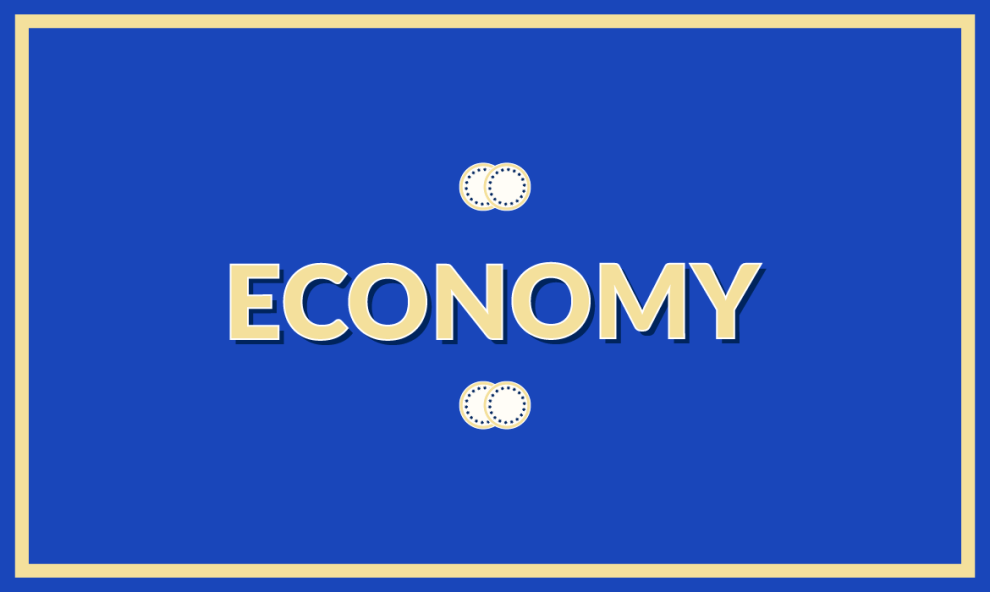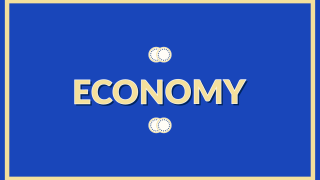While we here in Mexico are, literally, eaten up inside by trifling infernos and washerwoman infighting, the world moves ahead with extraordinary celerity, creating and changing realities and futures in its wake. Whoever has observed the dynamic by means of which many of the pillars of worldwide stability have changed over the past two years could do nothing more than be astonished by everything that has been upended.
Following the sage advice of the great baseball player and manager Casey Stengel, who said “never make predictions, especially about the future”, I would like to share a series of observations on themes that are in our surroundings and that could affect us and oblige us to rethink what is important for our development. These are reflections on facts and tendencies whose sole common denominator is the depth and rapidity of the change that is taking place.
• The generalized perception is that we are overwhelmed by BRICs, the complex of countries identified by an investment bank as the most probable nations to achieve high growth rates in the coming years, i.e., Brazil; Russia; China, and India. However, as Macario Schettino aptly notes, the Mexican per-capita Gross internal product (GDP) is higher than that of three of these nations (the fourth, Russia), despite that our economy has grown much more slowly than these. This resolves nothing, but it obliges us to put our stagnation into perspective, which is certainly more mental than physical or economic.
• It is in vogue to see Brazil as the country that “did it”. However, it must be understood that while there is much that is enviable in the economic dynamic that it has acquired, the reasons for Brazil’s success are very concrete and its forthcoming risks are very real. In Brazil, several reforms have been carried out, and the Brazilians have been much more intelligent than we in some themes, for example, in the manner in which they privatized their telecommunications. But the main source of recent Brazilian success does not rest upon great reforms, but rather, on the clearsightedness and continuity of its leadership. The Brazilians have had two very distinct presidents in the last 15 years, but only one development strategy. Cardoso carried out reforms, the majority of which were less ambitious than ours, and Lula afforded them continuity. It is difficult to imagine two leaders so contrasting in ideology or in personality, but the success of their country resides in the intelligence that they had to do what was imperative, so that the second of them would be able to continue the project of the first, whether or not it would imply breaking the second’s campaign promises. Brazil has many outstanding industrial assets, including airplanes and machinery, but its recent exporting success lies in the apparently insatiable Chinese demand for raw material and foodstuffs. One question that is not at all irrelevant is what would happen on changing the tendencies in a country that has generated all of this demand for Brazilian goods?
• In the popular imaginary, China has become the world power -or threat- of the future. Within this context, it is interesting to listen to what is being said by Chinese Premier Wen Jia-bao, who has been unusually frank in warning of the risks of an economic collapse. Not long ago, he noted that “the greatest problem in the Chinese economy is that its growth is unstable, unbalanced, uncoordinated, and unsustainable”. More recently, a periodical quoted him as opposing new investment projects because there was an excess of investments that were creating a bubble and because the overwhelming majority of the stimulus package that his government organized has been used to subsidize banks and government enterprises, which cannot have another effect but to continue inflating the bubble. Although China has currency reserves upward of two trillion dollars, it cannot utilize these to solve the debt problem of its enterprises and banks because this would impede financing its buyers (essentially the U.S.). At the same time, China’s exports have diminished because its main client, the U.S., has been importing much less than before. To go from being a fundamentally exporting nation toward its internal market will have to occur in the next years, but it is not obvious that China will achieve this without mishaps. Recent evidence suggests that it will be very difficult for China to continue growing at the rhythm of the most recent decades, which would affect the rest of the world.
• The U.S. economy is changing swiftly. While some of its old industrial sectors languish, other recuperate, but what is most significant is the exceptional growth of activities that could become major indicators of its future growth, above all in matters of biotechnology, communications and other areas, such an innovation and technological development, in which the economic situation represents no restriction.
Perhaps the strangest thing in this entire scenario is the fact that we appear to be content with the panorama that encircles us, or, at least, resigned to our sluggishness. The political as well as the economic change taking place in our principal business partner, the U.S., (and in our main competitor, China) has enormous consequences for us and opens immense opportunities that no one appears to be contemplating. For example, the ever more quarrelsome nature of its trading strategies has been translated into conflicts and compensatory taxes on Chinese and Brazilian products that we probably could replace. The same is true in the area of health, an issue that has consumed more than one year of political debate in the U.S. and in which we could perhaps be part of the solution by offering U.S.-accredited health services at a lower cost. Despite this, we possess no strategy to seize the opportunities or, at least, to attempt to take advantage of them.
One way to overestimate our difficulties -as well as overestimating our partners and competitors- is to underestimate our assets. The Mexican economy has not grown considerably in per-capita terms during the last two decades, but the financial stability that has been achieved has enormous advantages, above all if we compare it with the crisis situation that other nations around us are experiencing and those that follow these will. Although we appear to be incapable of reaching it, the sources of success of other nations appear to be much more attainable than is commonly believed: with a few legislative and executive fixes, each within its own confines, Mexico could procure the initiation of a great transformation process. Brazil has shown that the most important thing for achieving this is to have convincing leadership, one with greater convictions than interests.






Comments